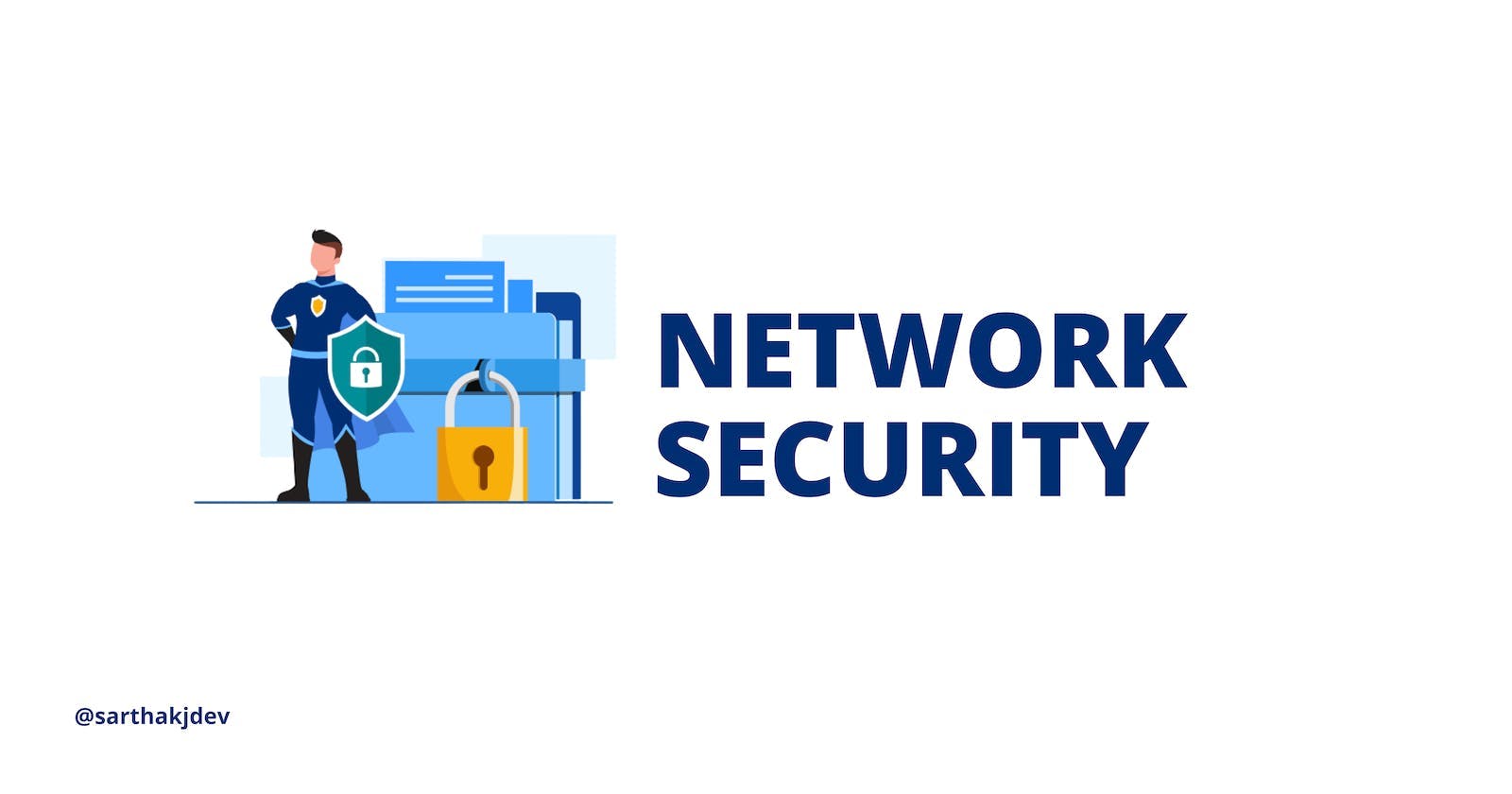Network Security in the Cloud
Safeguarding the Future: Network Security in Cloud Environments
Introduction
The digital age has brought about rapid transformations in how businesses operate, with the cloud at the forefront of this shift. As a developer who's been part of numerous transitions from traditional setups to cloud infrastructures, I've seen firsthand the value of cloud computing. However, with this innovation comes the paramount importance of understanding and implementing robust network security in the cloud.
The Importance of Network Security in the Cloud
The cloud offers unparalleled benefits - scalability, cost-effectiveness, and flexibility, to name a few. Yet, these advantages are accompanied by unique security challenges. Data breaches, unauthorized access, and a myriad of evolving threats necessitate a solid grip on cloud security principles.
Key Components of Cloud Network Security
Firewalls: These are not your typical hardware firewalls. In the cloud, they act as virtual barriers, controlling the ingress and egress of traffic based on meticulously defined security policies.
Access Control Lists (ACLs): ACLs define who gets to access what. It's a granular control mechanism ensuring only authorized entities can access specific cloud resources.
Virtual Private Networks (VPNs): While the internet is vast and open, VPNs create a secure tunnel for data transfers, ensuring data remains encrypted and safe from prying eyes.
Challenges and Solutions in Cloud Network Security
Data Breaches: Encrypt data at rest and in transit. Regularly rotate and manage access keys.
Unauthorised Access: Employ strong multi-factor authentication. Regularly review access logs for anomalies.
Server Vulnerabilities: Regularly patch and update cloud server software. Implement intrusion detection systems.
Use Cases for Advanced Network Security in the Cloud
E-Commerce Platforms: With a myriad of transactions occurring daily, robust network security ensures sensitive data like credit card information remains confidential.
Healthcare Cloud Solutions: Patient records and other medical data have strict compliance requirements. Advanced network security ensures data integrity and privacy.
Fintech Platforms: Financial technology applications manage vast amounts of sensitive data. Strong cloud security is non-negotiable to protect financial and personal information.
On-premises vs. Cloud Network Security: A Comparison
| Criteria | On-premises Security | Cloud Network Security |
| Initial Setup Cost | High | Variable (based on usage) |
| Scalability | Hardware dependent | Highly scalable |
| Maintenance | Requires regular hardware and software maintenance | Largely handled by the cloud provider |
| Threat Detection | Often manual setups required | Advanced automated tools and integrations available |
Conclusion
The journey through the intricacies of cloud network security is continuous, demanding vigilance, and consistent learning. As businesses increasingly lean into the cloud, understanding the nuances of safeguarding our virtual environments is more crucial than ever.
References
FAQs
How does cloud security differ from traditional on-premises security?
- Cloud security operates on shared responsibility. While cloud providers ensure infrastructure security, application and data-level security often rests with users.
What are the best practices for cloud network security?
- Regular audits, encryption, multi-factor authentication, and continuous monitoring are among the best practices.
Can I customize security settings in my cloud environment?
- Absolutely. Most cloud providers offer granular controls allowing for tailored security configurations.
